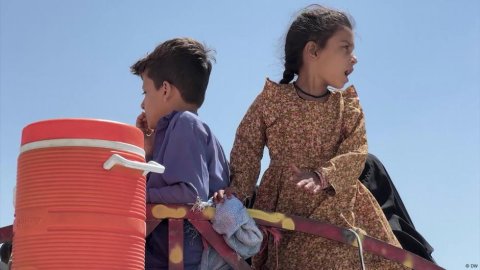Understanding the Situation of Afghan Refugees in Pakistan
The Afghan refugee community in Pakistan is currently facing heightened anxiety as the country intensifies its deportation efforts. This situation has become a focal point for discussions surrounding immigration reform and humanitarian policies. The increasing deportations have not only put Afghan refugees at risk but have also shed light on broader issues related to immigration enforcement and human rights.
The Current Climate for Afghan Refugees
Many Afghan refugees who have sought asylum in Pakistan are now living in fear of being forcibly returned to Afghanistan. The recent crackdown on undocumented migrants by the Pakistani government has led to a spike in deportations, creating a climate of uncertainty and dread among these vulnerable populations.
Key Concerns for Afghan Refugees:
Immigration Policies and Their Implications
The deportation of Afghan refugees raises crucial questions about immigration policies and their enforcement. With the current political climate, immigration reform news is more pertinent than ever. The situation calls for a reevaluation of policies to ensure the safety and rights of refugees.
Key Aspects of Immigration Policies:
The Role of International Organizations
International organizations play a vital role in advocating for the rights of Afghan refugees. They are working to ensure that refugees receive the necessary support and that their voices are heard in discussions related to immigration reform.
Key Actions Taken by International Organizations:
Community Responses and Support Mechanisms
Local communities in Pakistan are also responding to the crisis. Many individuals and organizations are providing support to Afghan refugees through various means, including legal assistance, shelter, and basic necessities.
Support Mechanisms Include:
The Future of Afghan Refugees in Pakistan
As deportations continue, the future for Afghan refugees in Pakistan remains uncertain. The community’s fears are compounded by the lack of clear policies and protections. The situation calls for immediate attention from both local and international stakeholders.
Looking Ahead:
Conclusion
The fear among Afghan refugees in Pakistan as deportations ramp up underscores the urgent need for reform and humanitarian assistance. It is crucial for governments and organizations worldwide to address these challenges and ensure that refugees are treated with dignity and respect. Only through collaborative efforts can we hope to alleviate the suffering of those seeking safety and stability in an increasingly hostile environment.










